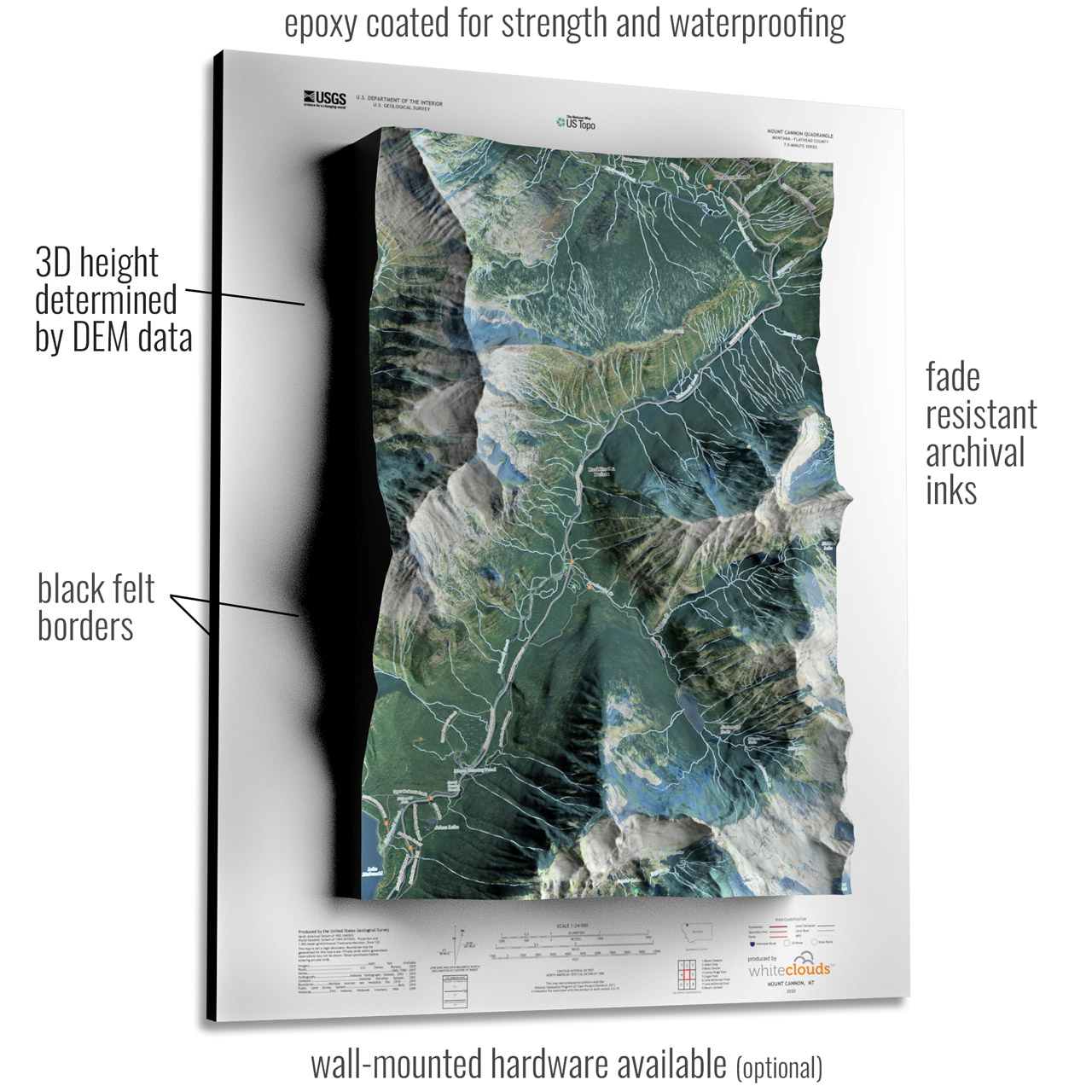China's Satellite Support To Pakistan: Concerns Raised By Indian Defense Group

Table of Contents
Nature of China's Satellite Support to Pakistan
China's assistance to Pakistan in the space sector is multifaceted, encompassing various satellite technologies. This support goes beyond simply providing access to existing Chinese satellite infrastructure; it involves a degree of technological transfer and collaborative projects. The types of support provided include: communication satellites for enhanced telecommunications, remote sensing satellites for environmental monitoring and resource management, earth observation satellites for mapping and surveillance, and potentially navigation satellites for positioning and guidance systems.
- Specific Satellite Projects: While precise details are often classified, reports suggest collaborations on communication satellite deployments, potentially leveraging China's Beidou Navigation Satellite System. There's also evidence of joint projects focused on remote sensing for agricultural applications and disaster management.
- Technology Transfer: The extent of technological transfer remains a subject of debate. While Pakistan may not yet possess the capacity for independent satellite development on the scale of China, it is likely receiving significant technological know-how and training through these collaborative efforts.
- Pakistani Technological Independence: Pakistan's level of technological independence in space remains limited. However, China's support is demonstrably accelerating Pakistan’s capabilities, creating a potential for greater self-sufficiency in the future. This aspect fuels anxieties in neighboring countries.
Strategic Implications of China-Pakistan Space Cooperation
The strategic implications of this burgeoning space partnership are far-reaching for both China and Pakistan. For China, it reinforces its influence in the region and provides a strategic ally with advanced technological capabilities. For Pakistan, it enhances its communication networks, improves surveillance capabilities, particularly crucial for border security, and offers the potential for dual-use technologies with both civilian and military applications.
- Enhanced Communication Networks: Improved satellite communication strengthens Pakistan's military and civilian communication networks, enabling more efficient coordination and information dissemination.
- Improved Surveillance Capabilities: Access to Earth observation satellites provides Pakistan with enhanced surveillance capabilities, bolstering its border security efforts and potentially impacting regional dynamics.
- Potential for Dual-Use Technologies: Many space technologies have dual-use potential, applicable to both civilian and military purposes. This duality is a key concern for India.
- Economic Benefits: Space cooperation stimulates economic growth through technology development, job creation, and potential spin-off industries.
Indian Defense Group's Concerns and Analysis
The Indian defense establishment views China's satellite support to Pakistan with considerable apprehension. Their concerns stem from the potential military applications of these technologies, especially enhanced surveillance and communication capabilities that could be used against India. Furthermore, the potential for Pakistan to acquire more sophisticated space-based weaponry in the future is a significant concern.
- Specific Concerns: India is particularly worried about the potential for improved targeting capabilities, enhanced intelligence gathering, and improved coordination of military operations for Pakistan.
- Threat Assessment: The perceived threat varies depending on the specific capabilities developed and deployed. The focus is on assessing the potential for destabilizing escalation in the region.
- Potential Indian Responses: India is likely to respond by strengthening its own space program, investing in counter-space capabilities, and bolstering its intelligence gathering and military preparedness.
- Strategic Implications for India's Defense Posture: This cooperation necessitates a re-evaluation of India's defense strategy, including its space-based assets and defense mechanisms.
International Law and Space Cooperation
The Outer Space Treaty of 1967, a cornerstone of international space law, prohibits the placement of weapons of mass destruction in orbit, on celestial bodies, or in outer space. While the treaty doesn't explicitly address all aspects of military applications of space technology, it serves as a guiding principle for responsible space activities. The legality of China's support to Pakistan largely hinges on the specific nature of the technology transferred and its intended use. Any potential breach of international law would likely necessitate a multilateral approach to address concerns.
- Relevant International Treaties: The Outer Space Treaty is paramount, but other agreements and principles of international law, particularly regarding non-proliferation, also apply.
- Analysis of Legality: The legality depends on the specific nature of the technologies transferred and their intended use. Dual-use technology is particularly complex to evaluate.
- Potential Legal Challenges: While overt violations are unlikely, there's potential for disputes regarding the interpretation and application of existing treaties.
Conclusion: China's Satellite Support to Pakistan: A Growing Concern?
China's satellite support to Pakistan represents a significant development in regional geopolitics. The nature of this support, encompassing communication, remote sensing, and potentially navigation technologies, has considerable strategic implications for both nations and their neighbors. Concerns voiced by Indian defense groups regarding potential military applications and the impact on regional security are valid and require careful consideration. The international community needs to ensure that all space activities comply with existing legal frameworks to prevent destabilization. Further research into China's satellite support to Pakistan, its technical specifications, and its implications for regional security is crucial for informed discourse and proactive policymaking. We encourage readers to delve deeper into this complex issue, exploring resources on space technology, South Asian security dynamics, and the intricate relationship between China, Pakistan, and India.

Featured Posts
-
 Paige Bueckers Why She Removed Her Hometown From Her Map For A Day
May 19, 2025
Paige Bueckers Why She Removed Her Hometown From Her Map For A Day
May 19, 2025 -
 S Fur Nin 2025 Eurovision Soezcuesue Olmasi Az Rbaycani Nec T Msil Ed C K
May 19, 2025
S Fur Nin 2025 Eurovision Soezcuesue Olmasi Az Rbaycani Nec T Msil Ed C K
May 19, 2025 -
 Kaa Gent And Super Eagles Star Contract Renewal Discussions
May 19, 2025
Kaa Gent And Super Eagles Star Contract Renewal Discussions
May 19, 2025 -
 Tragedy At Fsu The Life And Legacy Of A Shooting Victim Connected To The Cia
May 19, 2025
Tragedy At Fsu The Life And Legacy Of A Shooting Victim Connected To The Cia
May 19, 2025 -
 Moze Li Se Marko Bosnjak Oporaviti Kladionice Daju Lose Prognoze
May 19, 2025
Moze Li Se Marko Bosnjak Oporaviti Kladionice Daju Lose Prognoze
May 19, 2025
Latest Posts
-
 See The Photos Jennifer Lawrence And Cooke Maroney Enjoy A Peaceful Stroll
May 19, 2025
See The Photos Jennifer Lawrence And Cooke Maroney Enjoy A Peaceful Stroll
May 19, 2025 -
 Jennifer Lawrence And Cooke Maroney Spotted Out After Second Childs Arrival
May 19, 2025
Jennifer Lawrence And Cooke Maroney Spotted Out After Second Childs Arrival
May 19, 2025 -
 Longhorns Football Secs Nine Game Schedule Gets Sankeys Approval
May 19, 2025
Longhorns Football Secs Nine Game Schedule Gets Sankeys Approval
May 19, 2025 -
 Jennifer Lawrence And Cooke Maroney Photos Of The Couple Following Baby No 2 Reports
May 19, 2025
Jennifer Lawrence And Cooke Maroney Photos Of The Couple Following Baby No 2 Reports
May 19, 2025 -
 Nine Game Season Sankeys Announcement Impacts Longhorns Football
May 19, 2025
Nine Game Season Sankeys Announcement Impacts Longhorns Football
May 19, 2025
